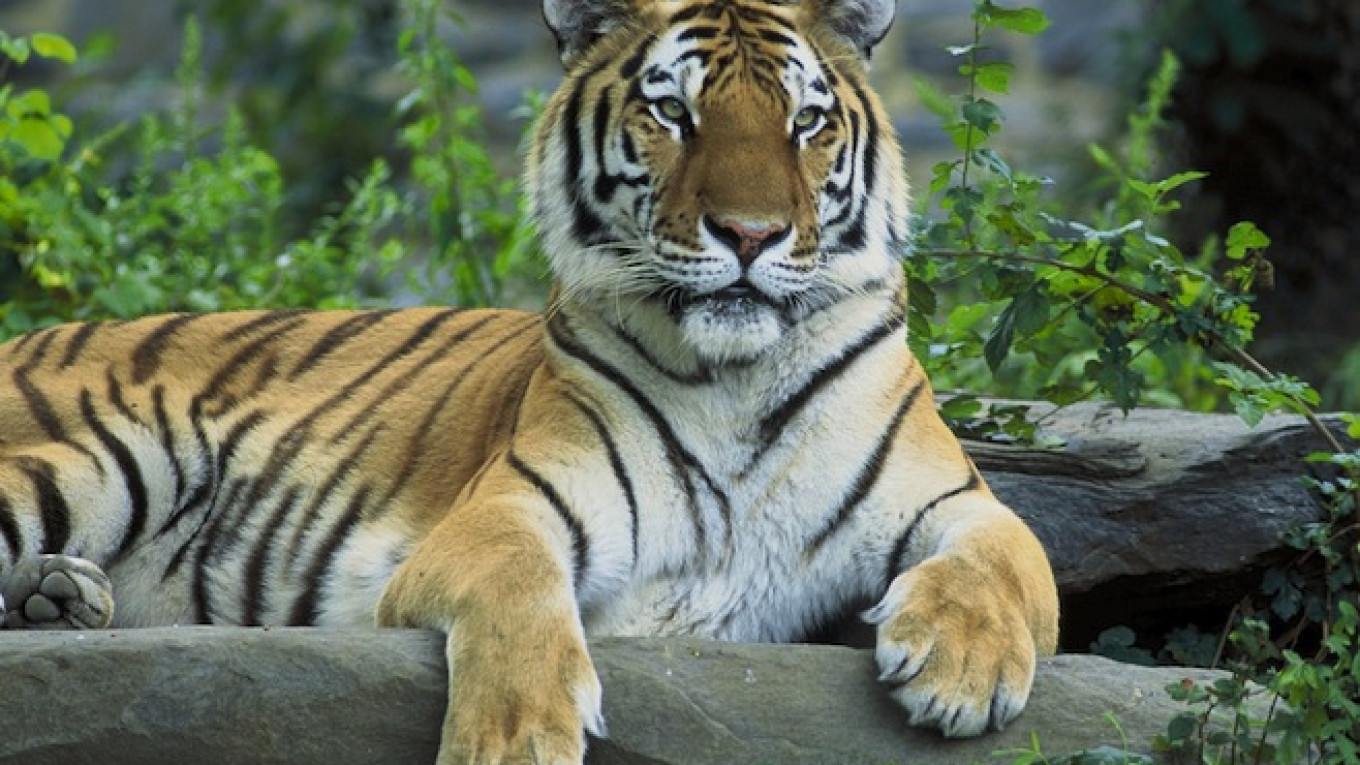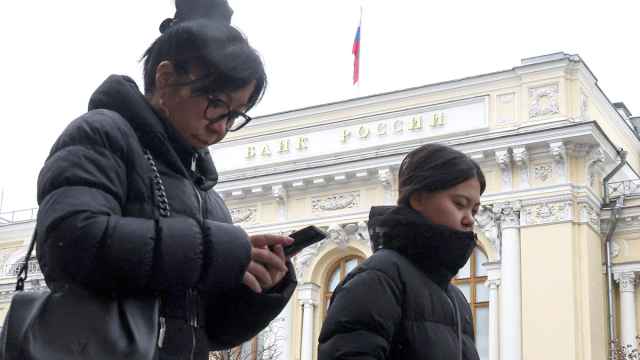The one-of-a-kind patterns that make Amur tiger pelts so desirable to poachers may help researchers to find out how many of the endangered animals remain in the Russian Far East.
Researchers at the Sikhote-Alin natural reserve in the Primorye region have started installing camera traps to capture images of Amur tigers and plan to use the patterns of their stripes, which are unique like fingerprints, to identify and count the animals living in the area, the park said Tuesday in an online statement.
The camera traps, produced by U.S. company Bushnell, work noiselessly and use invisible infrared flash, "so they do not bother the animals at all," the statement said.
WWF, a leading international conservation organization, has also used camera traps with infrared triggers to gather wildlife data in remote locations.
"While a 'camera trap' might sound menacing, it actually does no harm at all to wildlife," WWF said on its website.
Researchers have also used camera traps to compile images of hundreds of tigers in India, and developed pattern-recognition software that could be used to match tiger skins traded on the black market with images in the database to help identify where poachers killed the animal, Discovery News reported earlier.
The Amur tiger is a highly endangered species, of which only a few hundred remain in the Russian Far East, their main habitat.
The International Fund for Animal Welfare has recently placed their number at 360, down from more than 400 at the turn of the century — a decline attributed to poaching, logging, wildfires and a decline in the population of their prey.
See also:
A Message from The Moscow Times:
Dear readers,
We are facing unprecedented challenges. Russia's Prosecutor General's Office has designated The Moscow Times as an "undesirable" organization, criminalizing our work and putting our staff at risk of prosecution. This follows our earlier unjust labeling as a "foreign agent."
These actions are direct attempts to silence independent journalism in Russia. The authorities claim our work "discredits the decisions of the Russian leadership." We see things differently: we strive to provide accurate, unbiased reporting on Russia.
We, the journalists of The Moscow Times, refuse to be silenced. But to continue our work, we need your help.
Your support, no matter how small, makes a world of difference. If you can, please support us monthly starting from just $2. It's quick to set up, and every contribution makes a significant impact.
By supporting The Moscow Times, you're defending open, independent journalism in the face of repression. Thank you for standing with us.
Remind me later.






